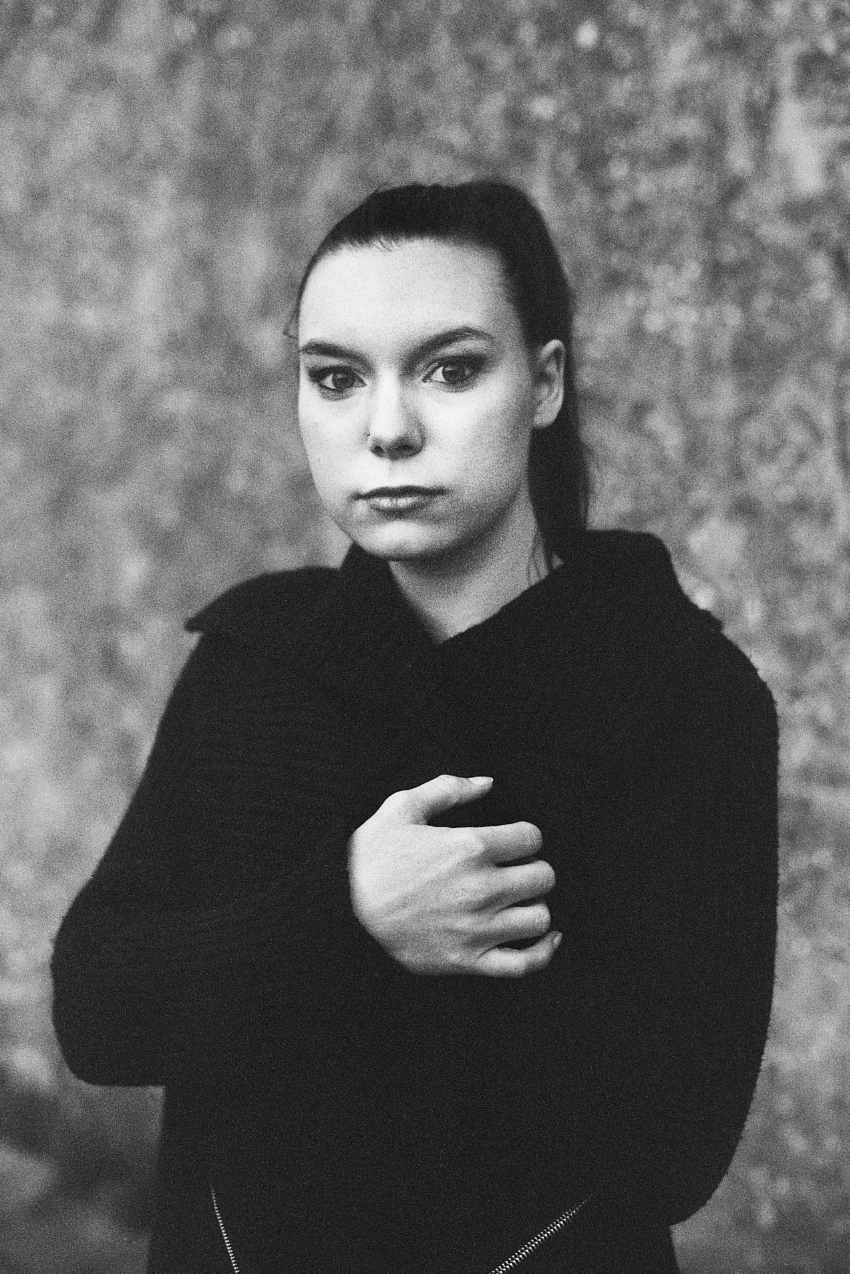03.06.23 - 24.09.23

Héloïse Boulanger. Canvas
Fate sometimes makes things fall into place. But you have to be able to adapt and, if necessary, force your luck by turning obstacles into opportunities. This is what Héloïse Boulanger’s journey tells us, in its own way. If her work mixes genres based on photography, the latter could perfectly well have never entered her life. ‘Initially’, she explains, ‘photography was not at all an obvious choice for me. In secondary school, I had chosen to study painting, drawing, watercolours, pastels ... There was an arts department in my school and that’s what I chose. Unfortunately, very few students chose this option, so few in fact that the director decided to shut it down the last two years. So I was forced to choose something else. Among the different courses on offer, there was one that interested me more than the others and that was the audiovisual course. It was a transitional course that would at least allow me to stay in something artistic. We had film courses but also photography classes. And there was also an art history course which, strangely, did not exist in the visual arts department. The teacher of this class attributed the same importance to photography as to painting and really opened my eyes to the possibilities of this medium.’
During two years, Héloïse Boulanger discovered the history of art and was introduced to photography, exploring its various possibilities. To the point where she wanted to continue in this direction. She chose to go to the Haute École Albert Jacquard, which is renowned for its highly technical training in this field. ‘One of my secondary-school teachers, hearing about my choice, warned me: “You’re going to suffer, they specialize in technique, not creativity.” But I held firm and chose the illustration department, telling myself that if I didn’t like it, I could always change direction.’
This is what she soon did, choosing a department where it was possible to work with a large number of fields: photography, video, 360 degrees, web creation ... What her teacher had predicted was confirmed: ‘We were there to learn technique and nothing but technique. I was the very opposite of that. At the same time, I was doing well, but as soon as I created something I really liked, I was sent packing and told it was too “artistic”. And so I’d just bin it.’
A tough learning path that culminated in her graduation work. ‘For a year, I travelled around Europe to do a piece of work in film photography that was validated by my teachers throughout the year. And then, when I showed it to the jury, they tore into me. I was then told that I would have a second chance. I had one month to submit another piece of work at the beginning of August. And I was told that it had to be more technical and less artistic.’
The determined young woman went back to work. But not quite the way her teachers intended. ‘I deliberately did the complete opposite of what I had been asked to do. I was asked to create a small technical piece and I decided to present a big artistic piece mixing photography, painting, collage and video around personal feelings.’ A big risk which, against all odds, paid off. This may sound surprising, but when you discover the work, it’s easy to understand. Besides its intrinsic quality, the Canvas series is an exploration of all the techniques available for such work: photography, printing on canvas, 3D printing, superimpositions, collages, silk-screening on paper, repurposing of vinyl records, superimpositions of tracing paper, sewing, painting, video ...
‘I’m very interested in mixing media’, explains Héloïse Boulanger. ‘I used techniques according to what I wanted to express’, whether routine, stress, love, indecision, constraint, vulnerability, guilt ... A work that surprises and blurs the lines, inviting viewers to look at things differently, to question themselves and, sometimes, to act, as in this interpretation of La rage, whose many facets can only be revealed by waving a sheet of red gelatin in front of a work that mixes photo, text and silkscreen printing. Up to you.

